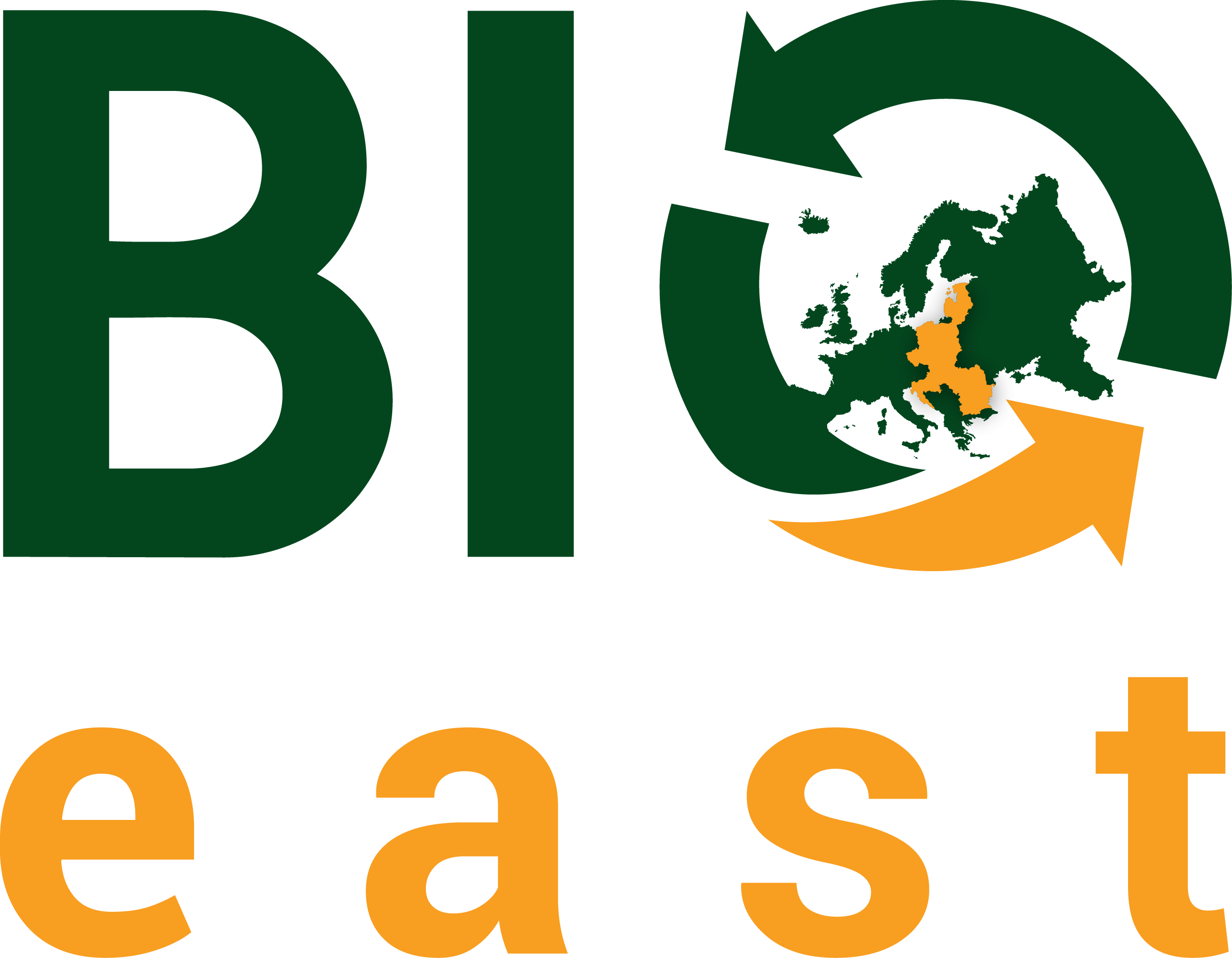Coordinated by National Forest Centre, Slovakia
Contact Rastislav Raši rastislav.rasi@nlcsk.org
Description
BIOEAST macroregion´s forestry-related key facts are promising. Wooded areas represent one of our most important land uses in the macroregion, covering about 34% of the total area (i.e. 37.8 mil ha from that 30,1 mil ha are considered as forest available for wood supply). A recent analysis proves that the Forest-based sector: (i) shows an increasing rate of value-added creation, (ii) is able to create a stable growing level of profit, (iii) shows a positive upward trend in labour productivity. The European Commission (EC) has constantly been advocating that forestry is a key sector in the transition to a low carbon and climate-friendly economy. It is one of the main industries that keep our rural areas vibrant and sustainable. This message has been reinforced by recent international developments, in particular, the Paris Climate Agreement and the 17 SDGs. It is also clear that the increasing demand for forest biomass will continue, in line with the promising development and growth of the bioeconomy.
At the same time, we see that forest ecosystems are exposed to a number of threats aggravated by climate change. To balance the opportunities with the challenges, there is a pressing need to ensure the long-term sustainable management and development of forests.
On the political level, the EU has made a strategic turn towards bioeconomy striving for a low carbon society based on renewable biomass from a great variety of feedstocks. The European FBS can contribute substantially to these structural changes. The role of wood and other forest materials, product and services will be critically important and demand for wood will continue to grow. This will continue to put pressure on our forest resources. This increases the need to look for more innovative and sustainable uses of our natural resources.
EC launched the revised EU bioeconomy strategy in October 2018. At the national level, meanwhile, many Member States remain without one, especially in CEE countries. BioEAST has the ambition to overcome this lag. BFWG as a platform provides support for forest-based bio-economy development in the macroregion by Strategic Research and Innovation Agenda (SRIA). Another of the main goals of the BIOEAST initiative is to strengthen cooperation and close the gap between EU-15 and BIOEAST countries. Collaboration should be strengthened through the main EU research program Horizon EUROPE, e.g. Spreading Excellence and Widening Participation scheme. Another option is the Common Agricultural Policy. EC announced the Farm and Forestry Carbon Initiative in the CAP post-2020 and the One-hectare initiative. These initiatives may reward farmers and foresters for the C reduced, saved, stored or sequestered. BFWG see here the opportunity to connect the EC Carbon Initiative with wood production for energy purpose, e.g. through agroforestry systems.
The TWG aims to introduce and inform the member states representatives on the future research and innovation priorities and funding schemes of the next Horizon Europe framework program and the CAP with specific regard to the forest-based sector.
